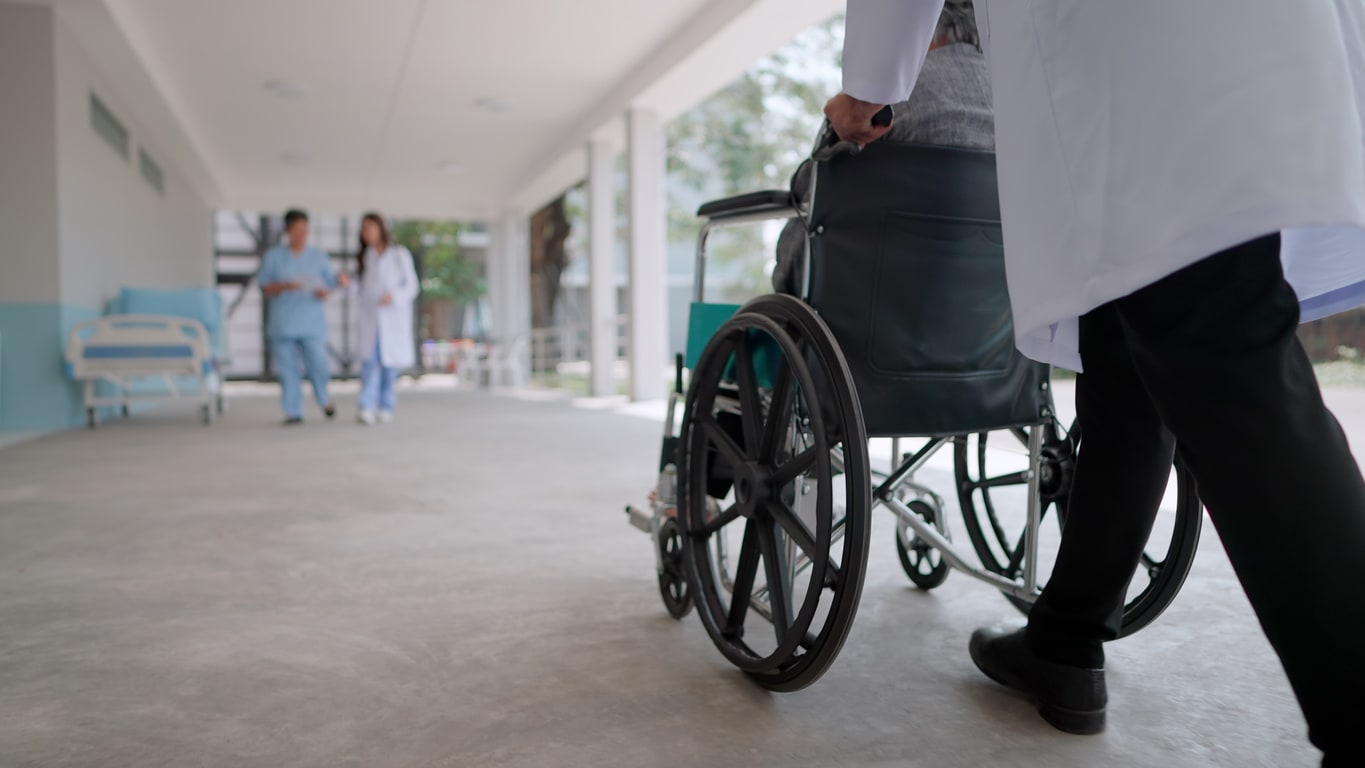Money Talks Podcast: Healthcare costs are rising. What can we do about it?
Are you worried that you’ll be hit with high medical bills if you fall sick? Our guest breaks down how subsidies and your MediSave can help.
.jpg?itok=LP2Du2XI)
Singapore may have one of the best healthcare systems in the world, but this comes at a heavy price. In this week’s Money Talks, Dr Jeremy Lim from NUS Saw Swee Hock School of Public Health explains how early detection of diseases may help lower your healthcare expenses in the future.
This podcast was produced in partnership with the Ministry of Health.

Here's an excerpt from the conversation:
Andrea Heng:
My neighbour's asking, "Why can't MediSave fully cover outpatient diagnostic tests?" I'm talking about things like X-rays, MRI scans, and this is exactly what he had to pay out-of-pocket for. And he's wondering why he can't use MediSave to fully cover everything.
Dr Jeremy Lim:
MediSave is an important construct as part of the overall healthcare financing framework, but in terms of percentage of total healthcare spent, (it's) relatively small.
The whole point of MediSave is to imbue that sense of personal responsibility that we all have a part to play, not just in keeping healthy, but in using limited healthcare resources prudently.
Andrea:
So it's watching what you spend basically.
Dr Lim:
Absolutely, because it is your own money. However, because MediSave is intended to last you over a lifetime, there will have to be limits and constraints over what MediSave can (and cannot) be used for.
And so what the health ministry then does is to ... look at it from a population point of view and figure out (what) is worth paying (and what) is not worth paying for, because we need to stretch MediSave across a lifetime.
So I'm afraid you have to tell your neighbor that yes, MediSave can and does pay for many procedures (and) many tests on an outpatient basis, but it cannot be comprehensive. But this is a list that is constantly under review, so it will keep evolving, and ... (it's) always good to give feedback.
Andrea:
But the thing is, there are going to be instances where we are going to draw down on our ... MediSave funds. So what's the upside and downside of increasing usage of MediSave when it does come down to that?
Dr Lim:
Well, the upside is that we have a nest egg that we've been forced to save, which is a good thing. And (with a) 4 per cent interest, until interest rates came up relatively recently, MediSave was a really good deal. And I would actually tell my relatives if you had cash, pay for it yourself rather than use MediSave, because nobody would give you a 4 per cent guaranteed return.
But of course, this entire dynamic ... has changed. But really, MediSave as the discretionary part, gives you the optionality. And one other thing that's worth noting about MediSave is that it is intergenerational, meaning that MediSave can be used for another first-degree relative.
So a parent could pay for the child, you could pay for your parents and really so on. And I guess that this really reflects the overarching societal ethos that the basic building block of Singapore society is the family unit, rather than the individual.












